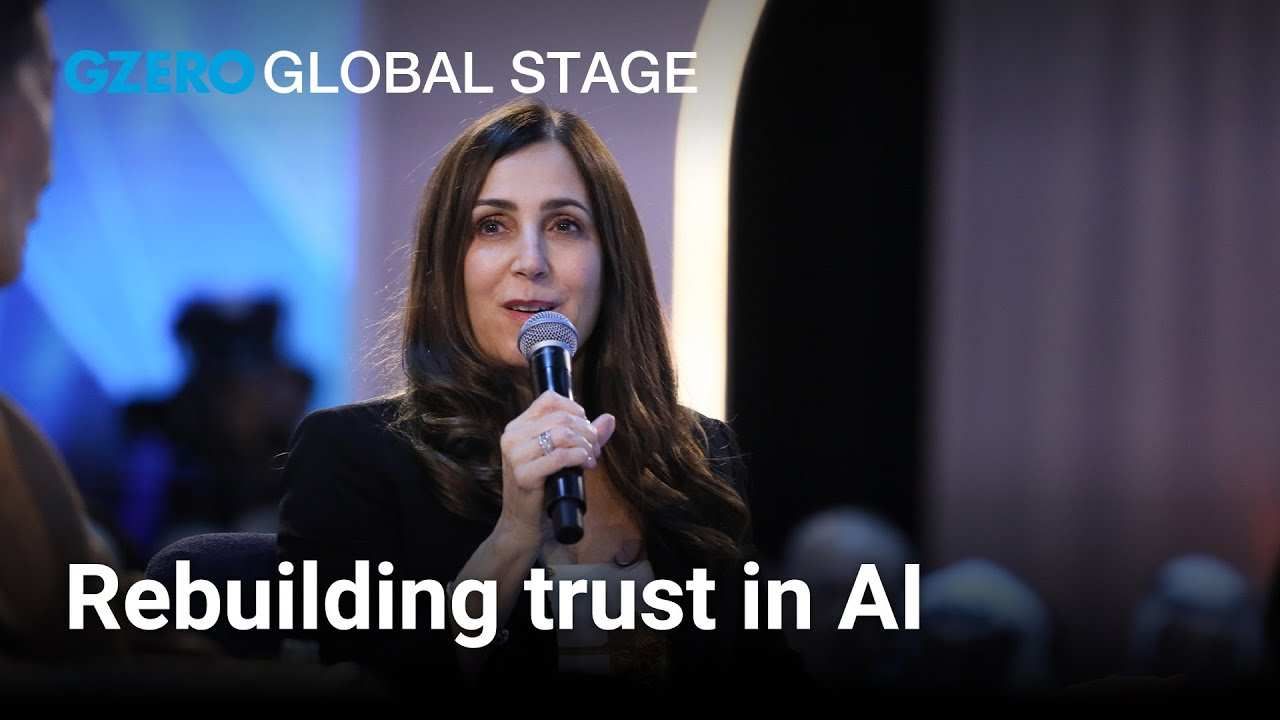12 billion: Brazil's government, which earlier this year rejected aid to put out raging fires in the Amazon, now says that if other countries really want to preserve the rainforest, they should put their money where their mouth is: by sending Brazil some $12 billion a year to pay farmers not to develop their lands. Critics note that this would have no real effect since most fires are set illegally.
2,759: Police in Nigeria allegedly demanded a bribe of 1 million Naira ($2,759) to release a local software developer after arresting him on suspicion of being an internet scammer, simply because he was carrying a laptop. Nigeria's scammers are legendary, but the thriving local tech community in Lagos says corrupt shakedowns of talented pros like this are common and that they worsen brain drain from Africa's largest economy. #StopRobbingUs
230 million: The United Nations is facing a funding shortfall of $230 million and could run out of money by the end of this month, according to the organization's Secretary General. A third of member states, including the US and much of Latin America and Africa, have not paid their dues in full. Here's a map of the delinquents.
40 million: Facebook's policy of deliberately inflating video viewership numbers led to a class action suit that will now result in a $40 million settlement for advertisers. Some journalists have pointed out that none of this money will go to the many print hacks who lost their jobs amid the frantic push to "monetize video." Amen.
